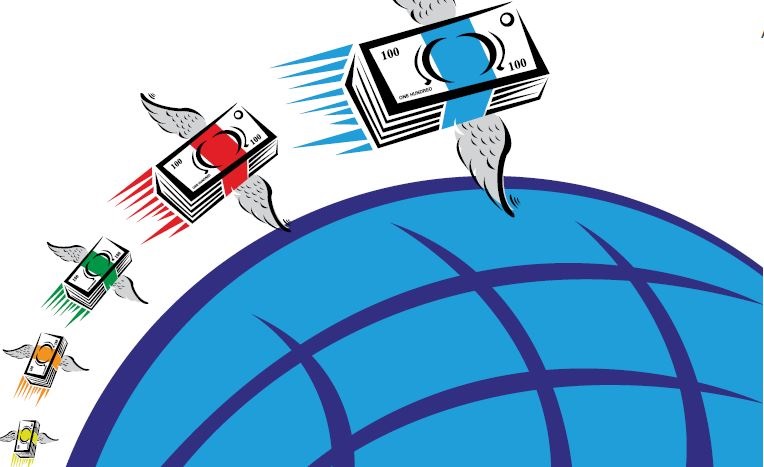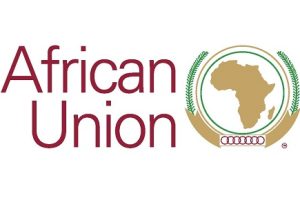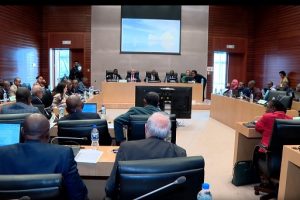
Ethiopian New Year is the first day of the month of Meskerem, which compares to 11 September on the Gregorian Calendar. It is also known as “Enkutatash” and celebrated as a public holiday in the occurrence of New Year in Ethiopia.
Historically speaking, the holiday is named “Enkutatash”, indicating “a gift of jewels” since it is thought that the Queen of Sheba got back to Ethiopia on this day approximately 3,000 years prior with a gift of jewels from King Solomon of Israel.
Unlike western or other countries, when a new year comes, the rainy season is going to an end and the landscape is covered with the mass blooming of the bright yellow flower called “Adey Abeba”, all the bees and birds are starting to fly, the sun will out of the cloud and the Sun shines.
Celebrating the New Year is a traditional and common trend for many people in Ethiopia. Because, unlike other holidays, Ney year is common for everyone regardless of religious practices or other believes. Therefore, the nation celebrates colorfully.
To celebrate the New Year festival family gathers together and enjoy a traditional Enkutatash meal and drinks. Families, relatives and neighbours also celebrate together by giving gifts to children.
The New Year celebrations begin on the eve of Enkutatash (New Year), on which many families attend a church service and offer prayers ushering in the New Year. Traditional singing and dancing are also common customs to celebrate, especially among young girls. Greeting cards have gradually replaced more traditional gifts such as bouquets of freshly picked yellow flowers that symbolize the arrival of spring as well as paintings of saints.
More importantly, the festival needs or costs a lot of money. It is not a simple task and many Breadwinners borrow money and buy what is need for the New Year. Some families also expect money from their children, spouse, and relatives, who live abroad, for a new year to purchase clothes, utilities, household equipment, furniture and so on.
Whereas, financial organizations including private and commercial banks of Ethiopia design new mechanisms to encourage the diasporas to send money through various money transfers systems. By preparing gifts such as cars, houses, TV, fridge, and so on, they also attract customers that exchange foreign currency into Ethiopian Birr. Because of the money that is remitted by Ethiopian diaspora prone to the black market.
The Ethiopian Diaspora Agency (EDA) EDA Director-General Selamawit Dawit told The Ethiopian Herald that the government of Ethiopia has raised a red flag on informal remittances by urging members of the diaspora community to use the formal remittance channels in the upcoming Ethiopian New Year.
As we know, let alone for the New Year, the diasporas send money on a normal day to their families, relatives and friends and the like. But all the money is not coming via legal financial institutions or banks. This exposed the county to different illegal activities and economic sabotages. Therefore, “members of the Ethiopian Diaspora have to refrain from using informal remittances in a bid to dismantle the enemy quarter’s ongoing economic sabotages”, she said.
According to the press secretary for the office of the Prime Minister of Ethiopia, Belen Seyoum, a specific call was made to the Ethiopian diaspora to curb illicit financial flows by the terrorist group and its affiliates.
“We urge you to use official financial channels for remittances and not fall into the trap of aiding and abetting terrorist organizations through unofficial black market channels. Your country needs you, and it is a critical juncture to stand guard for Ethiopia,” she underlines.
Since the actual amount of remittances sent to Ethiopia is estimated to be much larger as informal remittances are not captured in official data, it is true that if the flow of money is not properly handled and managed, it can be used by terrorist TPLF groups for distractive purposes.
According to OECD (2019), a publication entitled “Money Laundering and Terrorist Financing Awareness” a handbook for Tax Examiners and Tax Auditors, stated that supporting terrorists has its financing process namely collecting the funds, storing the funds, moving the funds, and using the funds as needed. Accordingly, collecting the funds refers to the plans for use in supporting the terrorist organization from a variety of sources. Storing the funds means determining and planning for their use. Besides, moving the funds as and when required. Using the funds indicated as needed to further the terrorist organization’s goals.
Belen elucidated that the terrorist Tigray People’s Liberation Front (TPLF) group, which has been designated a terrorist group by the Ethiopian parliament, is testified to be using the informal exchange market (black market) to collect hard currency from Ethiopians in the diaspora and exploit it for terrorist activities such as the purchase of weapons.
She commented in response to the recent police report about the participation of some individuals in the black market to collect hard currency from the Ethiopian diaspora and transfer it to the Tigray People’s Liberation Front. The gap between the exchange rate of the US dollar and other major global currencies against the Ethiopian birr on the black market and in the formal banking system has widened over the past few years.
Currently, in the bank, one US dollar is exchanged for about 45 birrs, while on the black market one US dollar is sold for 56 birrs. One US dollar was sold for 68 birrs on the black market about a week ago. Meanwhile, after the Ethiopian government cracked down on those involved in the black market for fiat currencies, the black market price of one dollar fell to 56 birr
During the nearly three-decade period in which the TPLF was in power in Ethiopia as the dominant in the ruling coalition (May 1991 to April 2018), Ethiopia was reported to have lost billions of dollars as a result of illicit financial flows.
Ethiopian Center for Peace and Progress Chairperson Abel Gashe said remittances are key sources of foreign saving for low-income countries like Ethiopia. Remittances are the bigger sources of foreign currencies. Higher remittances flows will increase liquidity in finical markets which may put down the interest rate and lead to expansion of credit and investments.
“Therefore, we have to be conscious and must use legal channels when we send money. The economic policy of the country should be also transparent to the diasporas so that the black market shouldn’t have a day running itself. There is a way to eliminate the black market. It is a joint effort all of us together the political leadership has to play a role, he further added.
Selamawit said the past Ethiopian fiscal year the Ethiopian diasporas have remitted 3.6 billion dollars while in this fiscal year about 4 billion dollars’ remittances are expected. Therefore, taking the country’s current situation, the diasporas should send the money only through formal channels. Because this is the right and the best way to help their country.
It is true the diasporas communities should use legal and formal channels to remits money. Because this will support the national struggle against economic sabotages and the TPLF terrorist groups in the country.
BY EPHREM ANDARGACHEW
THE ETHIOPIAN HERALD 12 SEPTEMBER 2021





